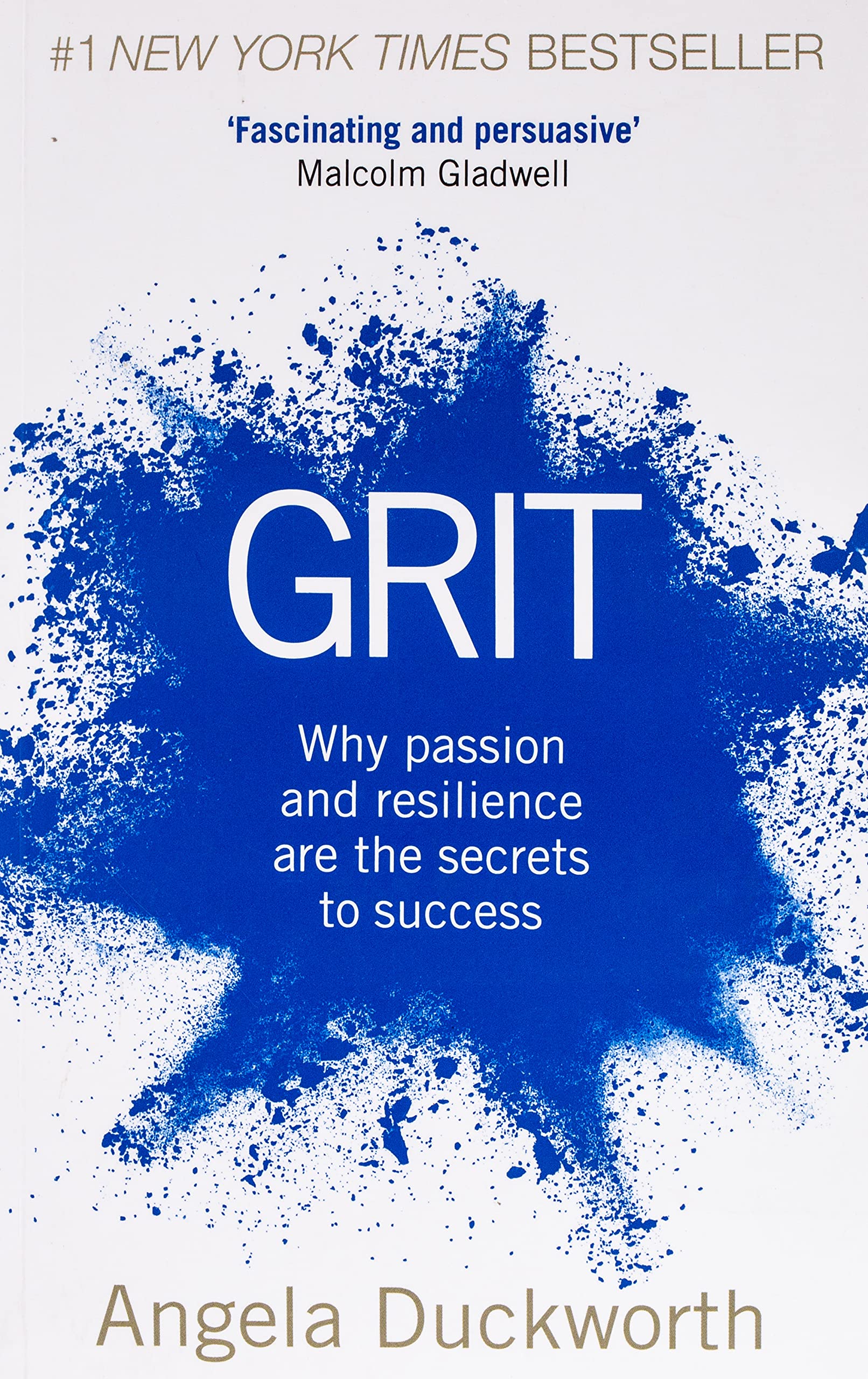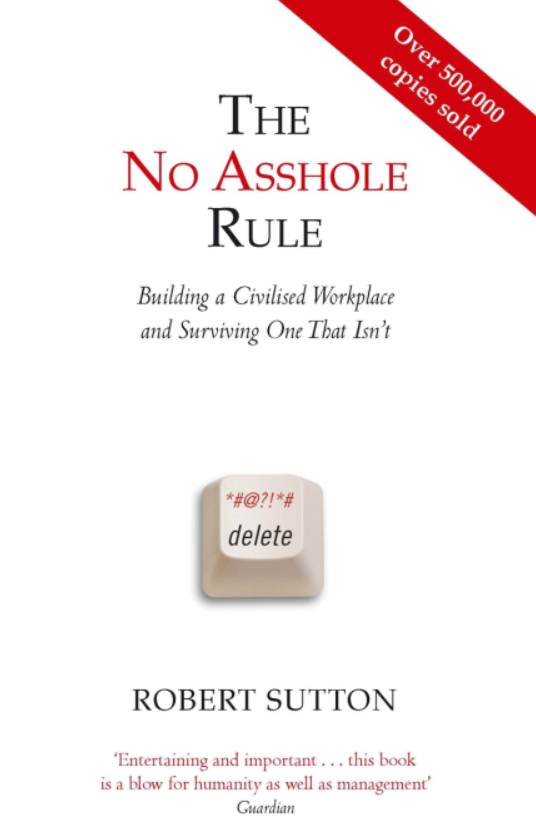Which psychological traits determine success?
This is another book broadly investigating the question of what underlies world-class performances. The central concept that grit is the main psychological determinant of success. Grit is a product of passion and perseverance, this then translates into more deliberate practice (i.e. K. Anders Eriksson), which raises the probability of success. [This book is highly complementary to Outliers by Malcolm Gladwell and Peak by K. Anders Eriksson.]
Dr. Duckworth argues that grit is partially genetically determined and partially developed (which is reasonable, as this is similar to other psychological traits). Therefore grit can be increased.
- When measured on scales, grit seems to be higher in order people. It is unclear if this is a true increase as individuals get older. Or whether these individuals were born grittier.
- Extracurricular activities, such as stick with one thing for more than a year, cultivates grit
- This may account for some of the wealth gap in grit. Poverty reduces the ability to take part in extracurricular activities (e.g. parents working late, money for the bus, expensive sports kit)
- There is also some circularity here as grittier people probably pick certain activities that also cultivate grit
Other points:
- We have a bias towards individuals who appear to make achievements without working for it (‘naturals’)
- Skill = talent x effort, and Achievement = effort x skill
- Therefore, effort is the most important variable
- Passion is used to refer to the sustained devolution to a topic (such as Einstein’s obsession with relativity)
- Much akin to the concept of ‘long-termism’
- Perseverance is sticking to a plan once you’ve set on it
- In order to find you passion, Duckworth suggests a similar structure to others:
- Assess what you enjoy, care deeply about, and gets you into the flow state
- Then try/experiment with things
- Deliberate practice is more effortful and less enjoyable than any other part of training
- Perhaps a contradiction to ‘flow’, in which time is meant to pass quickly
- Any occupation can be a job, an occupation, or a calling
- Think of the three builders: laying bricks, building a church, making the house of God
- Using language that praises effort (rather than outcome) helps to cultivate the growth mindset (i.e. Dr. Carol Dweck’s work)
- Parenting for grit is about being both supporting but demanding (“wise” parenting)
- Let children pick a path, but they don’t allow them to drop out after having a bad day
- The family ‘Hard Thing’ = something that requires daily deliberate practice, rules are:
- Everyone in the family has to do it
- You can’t quit until there is a natural end (e.g. after exam, or end of sports season)
- Each individual picks it
- Once at secondary school, it must go on for two years before quitting
- People feed heavily off cultures of grit (e.g. West Point)
- There are three fundamental aspects of character:
- Intrapersonal (‘will’): described by grit and self-control
- Interpersonal (‘heart’): described by gratitude, social intelligence, and control of anger
- Intellectual (‘mind’): curiosity and zest
- Overall, impulse control (i.e. self-discipline) is probably more important for day-to-day functioning
This book hugely complements the field of psychological analysis of performance. I also enjoy how it integrates ‘passion’, which is so often (perhaps erroneously) used in determining career direction, with the sweat and toil involved in hard work. The ‘mastery’ school of thought on career fulfilment discusses the long hours of un-exciting labour to develop unique, valuable skills. Duckworth here illustrates that the most successful people are those who can integrate something that aligns with their values and gets them into the flow state with perseverance to stick with effortful deliberate practice.




